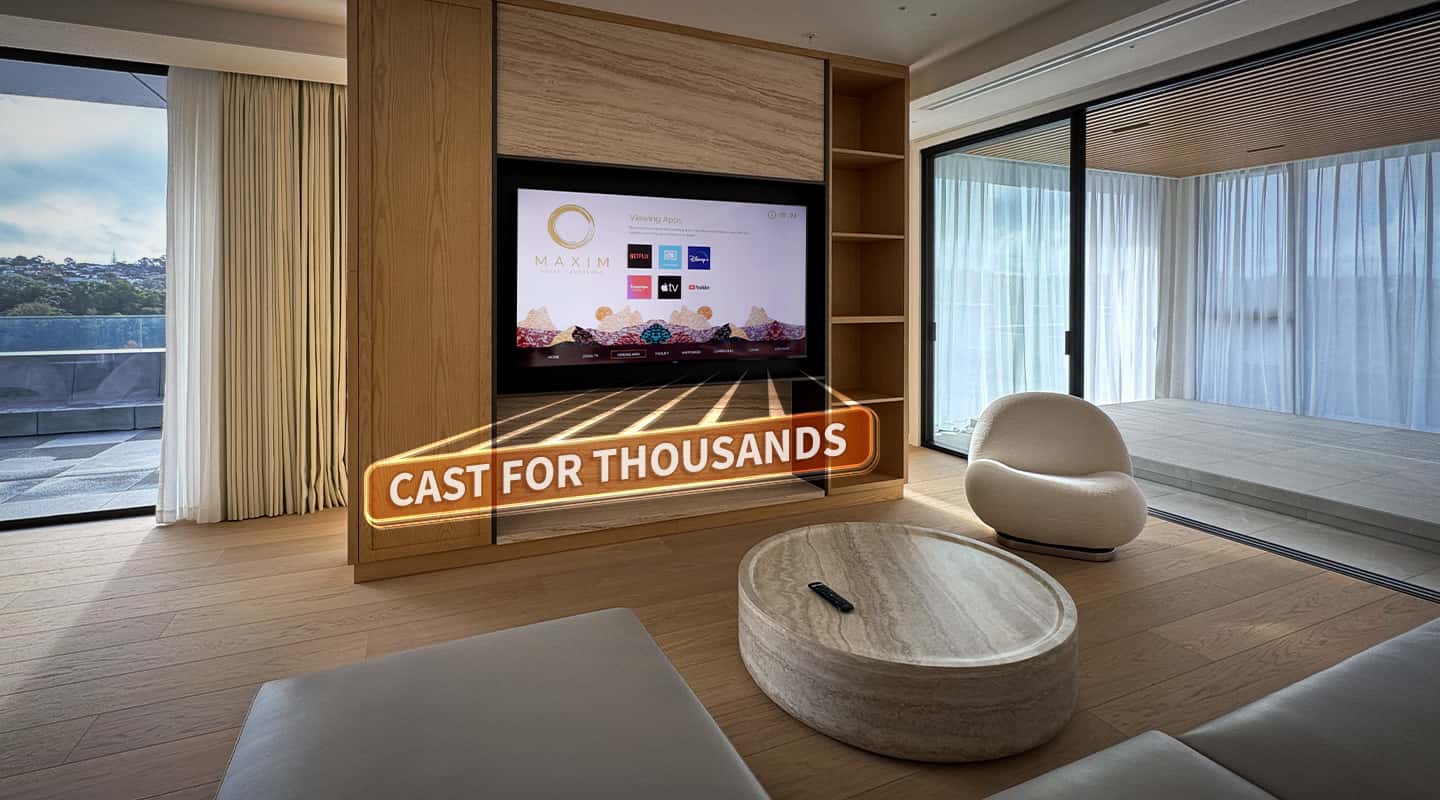
AV Case Study: The Maxim Hotel
Casting has now become the No. 1 requirement for hotel in-room tech. This Auckland hotel took its responsibilities seriously.
If you’re a corporate traveller in 2025, chances are you’re not here for the mini bar or the cable channels. You’re entirely self-contained — apps, subscriptions, passwords, playlists. What you want is the ability to cast. Seamlessly, securely, and without phoning reception because “the TV isn’t connecting”.
The Maxim Hotel in Albany, Auckland, is a new breed of hotel that maximises what corporate travellers desire without some of the unnecessary five-star, chocolate on the pillow, fripperies. Top of the list of in-room non-negotiables is casting.
“Casting is the question hotel operators ask us now,” says Alan Bowman from Westan, which supplied the Philips commercial displays and Kramer AV gear. “Not just can I cast, but how easy is it to cast?. The answer has to be: very easy.”
Westan supported Unicom NZ, the integrator behind The Maxim Hotel’s end-to-end comms and AV deployment, to deliver a hospitality tech setup built for this modern traveller. And casting is front and centre.
POINT-TO-POINT PERFECTION
“The Philips Media Suite panels are unique in that they support point-to-point Chromecast,” explains David Huang, Project Manager at Unicom. “Previously, we had to install Chromecast dongles behind the TVs. Guests would switch them off or reset them, and sometimes even take them with them. It created endless headaches.”
Now, each Philips Media Suite TV acts as its own casting hotspot. When a guest scans the QR code on the welcome screen, their phone connects directly to that TV — not the hotel’s Wi-Fi and certainly not to someone else’s room. VLAN segmentation? No longer necessary. The Philips approach is elegantly simple and robust.
“It’s foolproof,” says Huang. “When the guest checks out, the PMS ditches the data. The next guest gets a clean slate.”
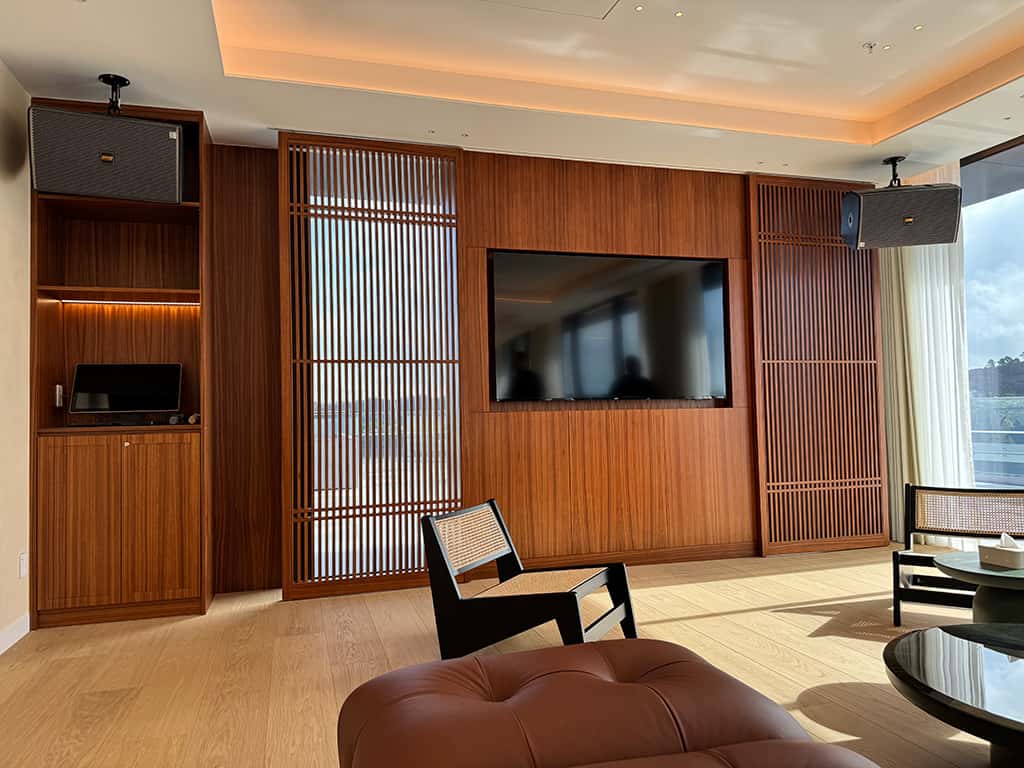
BLUE SKY THINKING
The shift away from broadcast entertainment in favour of streaming is accelerating. That meant The Maxim Hotel didn’t waste its dough on Sky TV in rooms.
“Most of our guests — especially corporate travellers — already have Netflix, Disney+, YouTube, you name it,” says Cameron Zhong, the hotel’s General Manager. “They don’t want to watch random cable channels; they want to pick up where they left off on their own shows.”
That said, public areas, such as the bar, still feature Sky, for ambient content and live sports. But in-room? Casting reigns.
“The Philips system also integrates seamlessly with our PMS,” adds Cameron. “So when a guest enters the room, they’re greeted with a personalised welcome message on the TV. It’s a small touch, but it means something. It’s the kind of detail that corporate guests appreciate.”
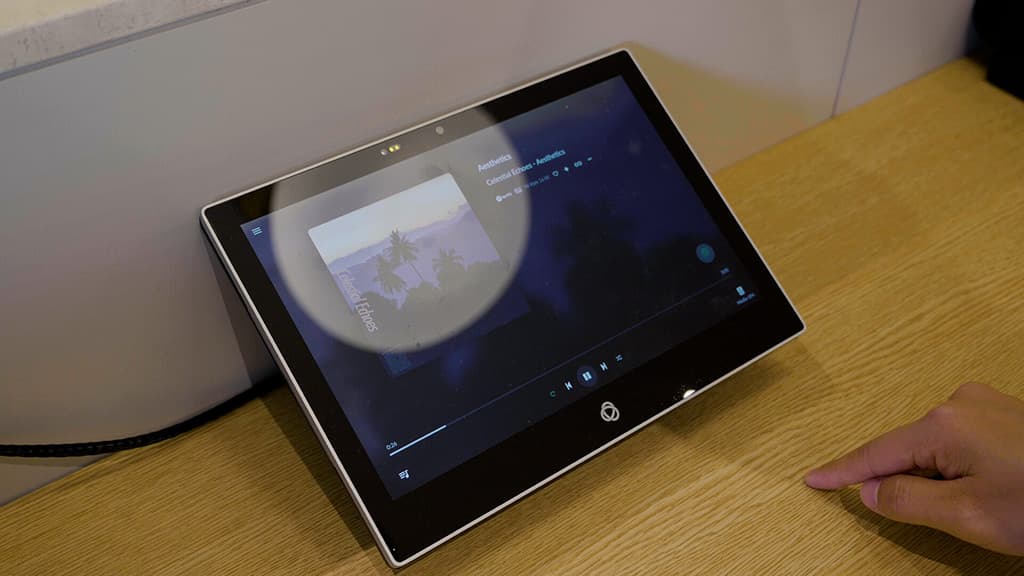
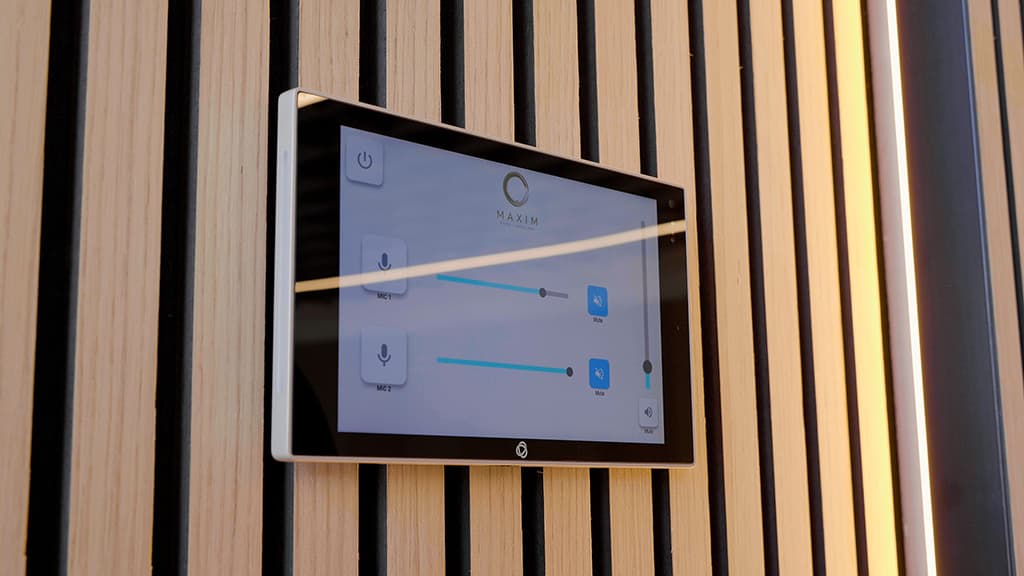
NOT JUST A PRETTY SCREEN
Philips’ integration with the RMS PMS — via its CMND CMS and the Tiger TMS gateway — means the TVs can do more than just show Netflix. From displaying compendium content, to pushing real-time updates or specials from reception, the platform turns the TV into an information and engagement hub.
“We’ve used it to send weather alerts,” says Cameron. “But we see a bigger future for it — imagine being able to push local dining or shopping options directly to the screen. A guest could scroll through a few curated options, tap to order, and have front-of-house deliver it to the room.”
The idea isn’t to replicate a phone or app, but to provide convenience on a platform already central to the guest’s experience — the in-room TV.
FIBRE FIRST: GPON ADVANTAGE
Behind all the TV tech lies a highly efficient fibre backbone. Rather than relying on traditional Ethernet risers and multiple Cat6 runs per room, Unicom NZ opted for a GPON — a Gigabit Passive Optical Network.
“We only need one fibre strand per room, instead of three data cables,” explains Huang. “Inside the room, Cat6 handles local connections, but from there back to the rack, it’s all fibre. It simplifies everything — faster, cheaper, more scalable.”
This backbone carries everything: data, voice, and TV signals, all split out once inside the room. The reduction in copper not only saves space and labour, but futureproofs the infrastructure for whatever services the hotel adds next.
“”
Imagine push notifications from reception — weather warnings, local tips, or service offers. Eventually, I want the TV to be a concierge and a shop front.
KRAMER AV BRINGS MEETINGS TOGETHER
If casting is the in-room hero, Kramer handles the rest of the hotel’s AV. Public zones — like the gym, spa and corridors — use Kramer ceiling and surfacemount speakers and DSP for background music, with separate zones for independent source and volume control.
“The deployment was Unicom’s first time using Kramer,” says Bowman, “but they picked it up quickly. The Kramer control platform is drag-and-drop, cloud-based, and intuitive. They configured AV-over-IP in the conference centre using their own switches in about 20 minutes.”
That conference centre includes Kramer encoders, decoders, DSP, and Philips displays — all running on IP. The design allows the space to be dynamically reconfigured without repatching cabling.
“From a hotel perspective, AV flexibility is key,” says Cameron. “One day it’s a corporate seminar; the next, a yoga workshop. We wanted tech that would adapt without requiring a technician.”
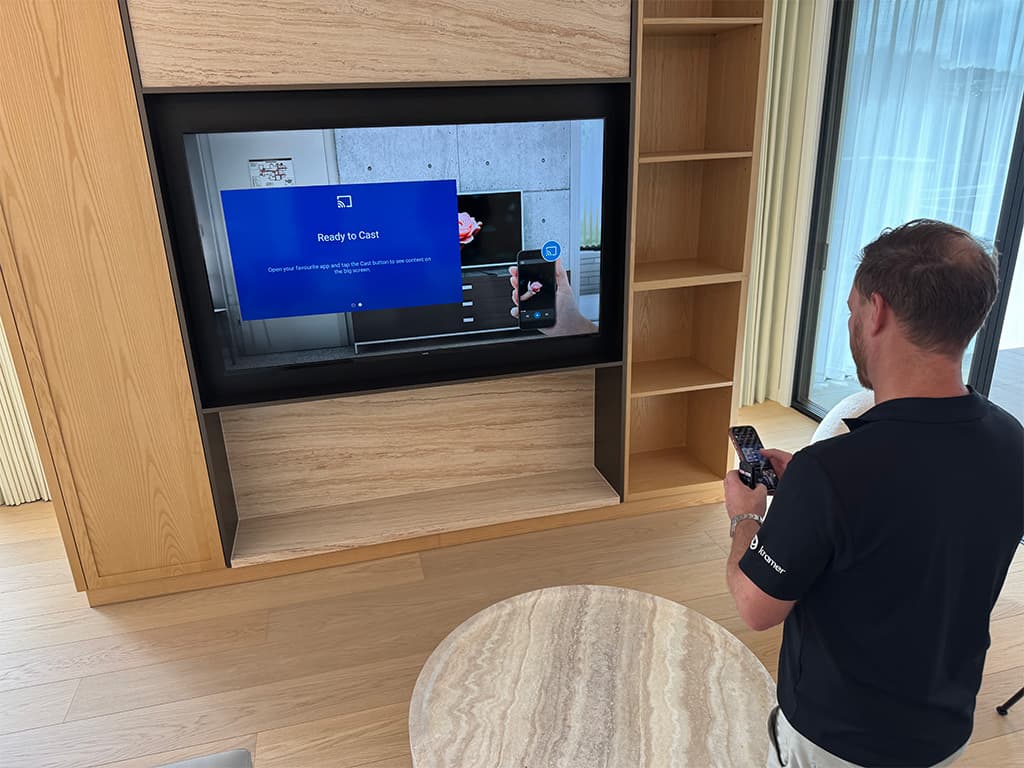
SCREEN CENTRIC FUTURE
Where does this all head next? For Cameron Zhong, the TV is about more than Netflix.
“We’d love to use it as a proactive communication tool,” he says. “Imagine push notifications from reception — weather warnings, local tips, or service offers. Eventually, I want the TV to be a concierge and a shop front.”
Corporate guests, he explains, want to feel looked after but also want independence.
“They don’t want to ring down and ask about where to eat. They want to browse, tap, and go. If we can make that part of the in-room experience — we’ve created real value.”
CAST OR BE CAST OUT
The Maxim Hotel gets it. In a hospitality world increasingly shaped by the preferences of device-laden, app-savvy guests, delivering seamless casting and smart TV integration isn’t a bonus — it’s the new baseline.
“The tech has to just work,” says Huang. “No room for guest confusion.”
With fibre at its core, Philips on the wall, and Kramer in the ceiling and in the touchpad controllers, The Maxim Hotel casts a clear vision: the modern traveller brings their content, and the hotel that supports that will earn repeat bookings.
And that’s worth broadcasting.
The Maxim Hotel: themaximhotel.co.nz
Unicom NZ: unicomnz.com
Westan: westan.com.au & westan.net.nz
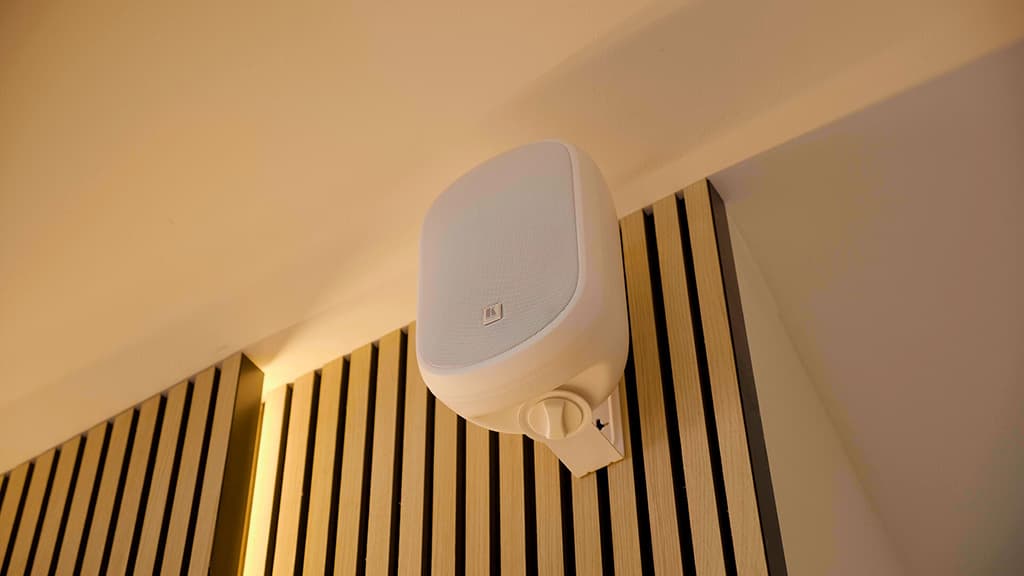

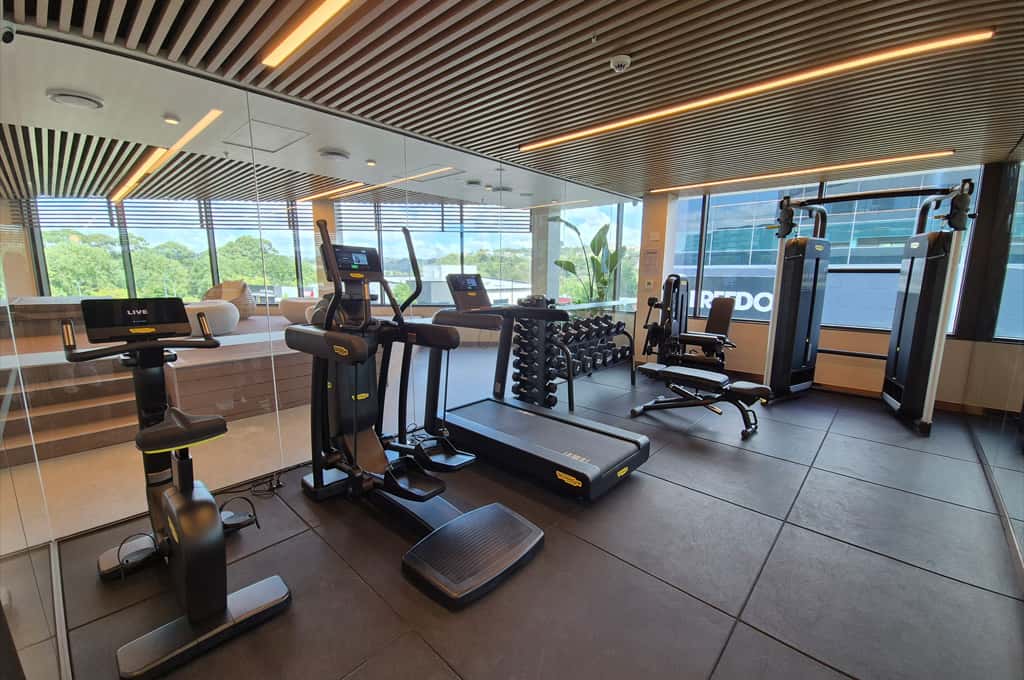
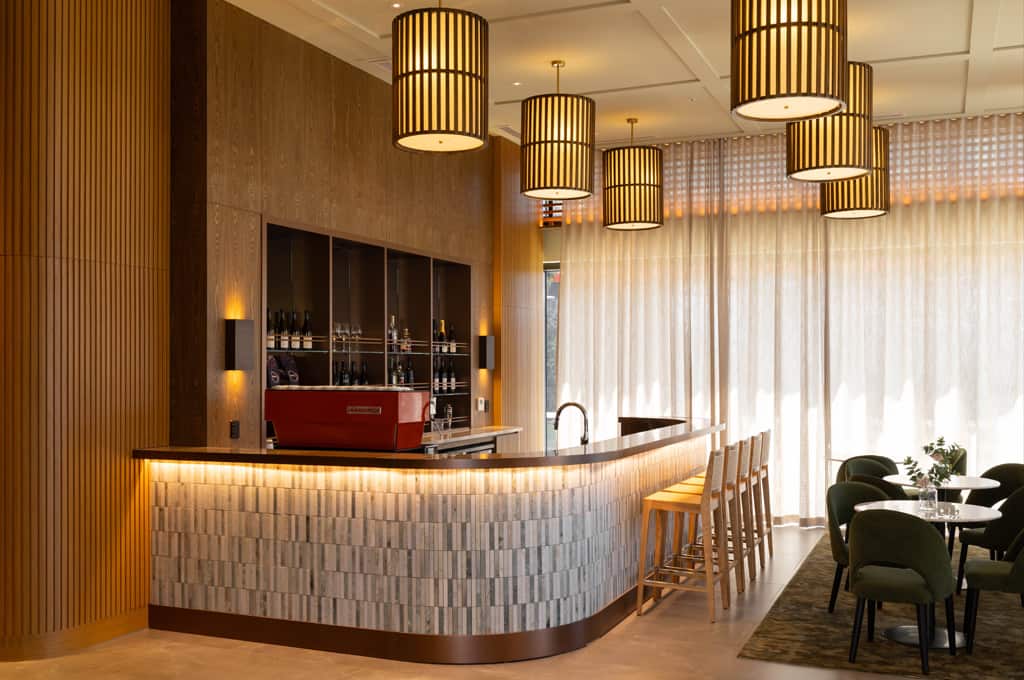
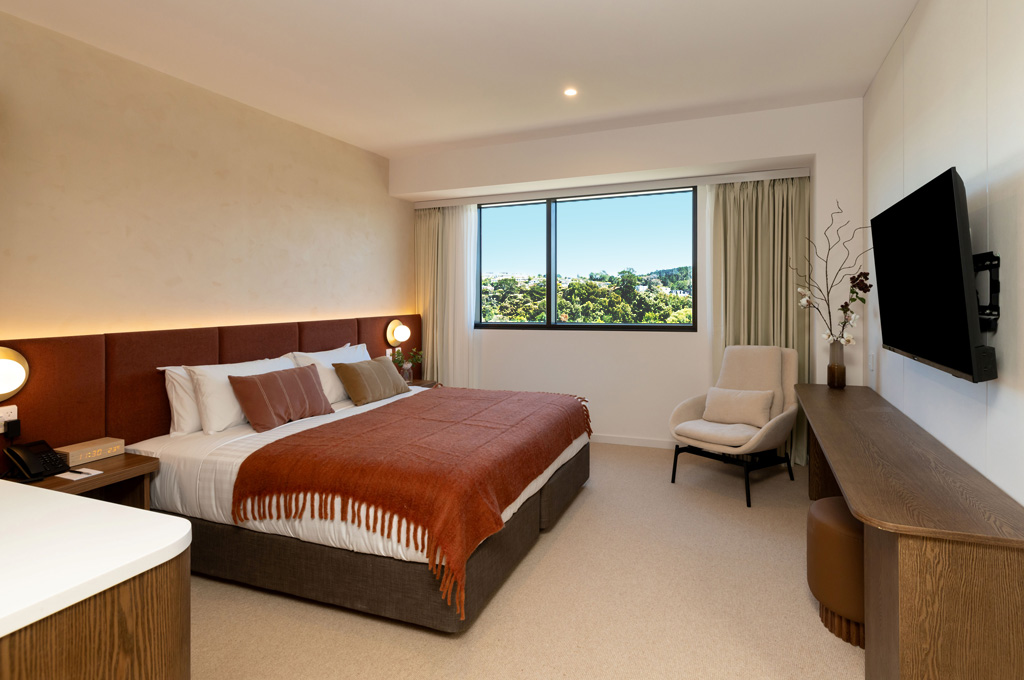

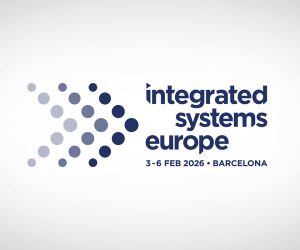
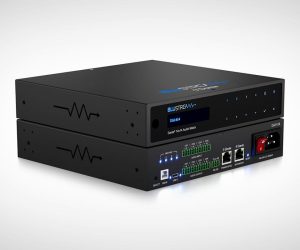
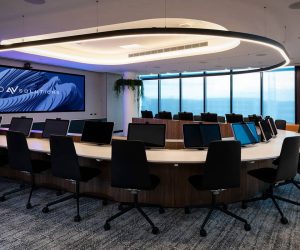

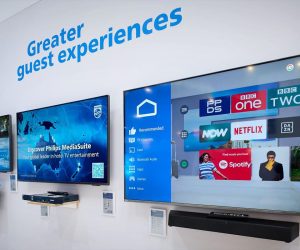
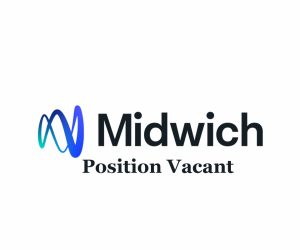
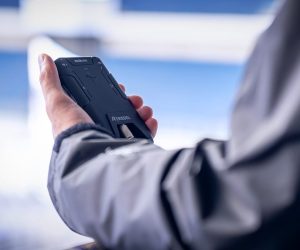
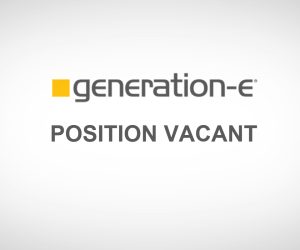


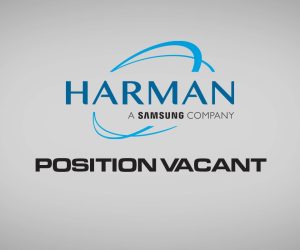

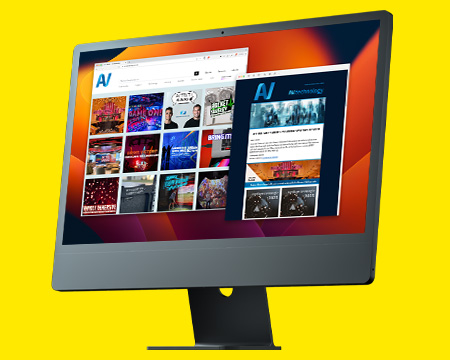
RESPONSES